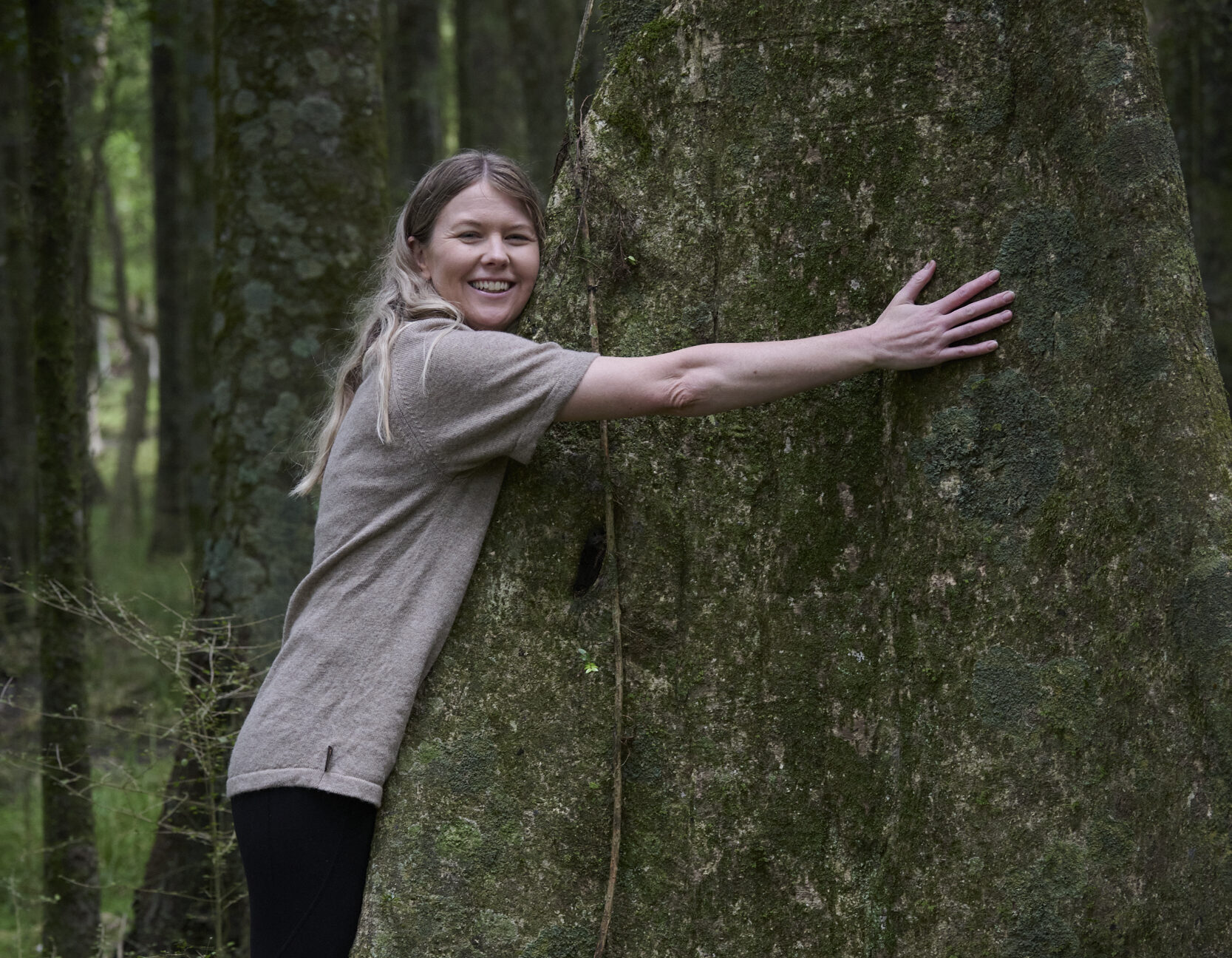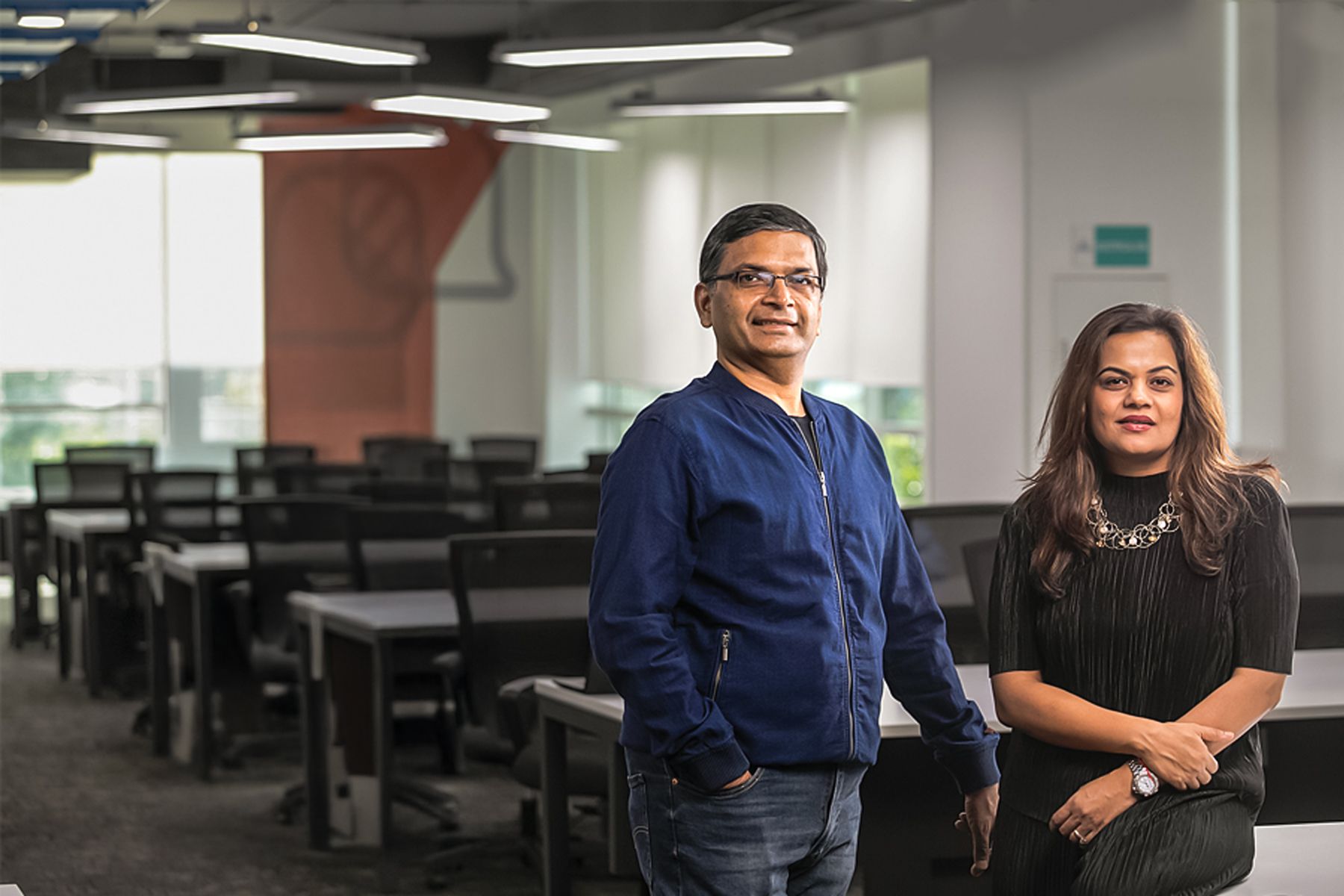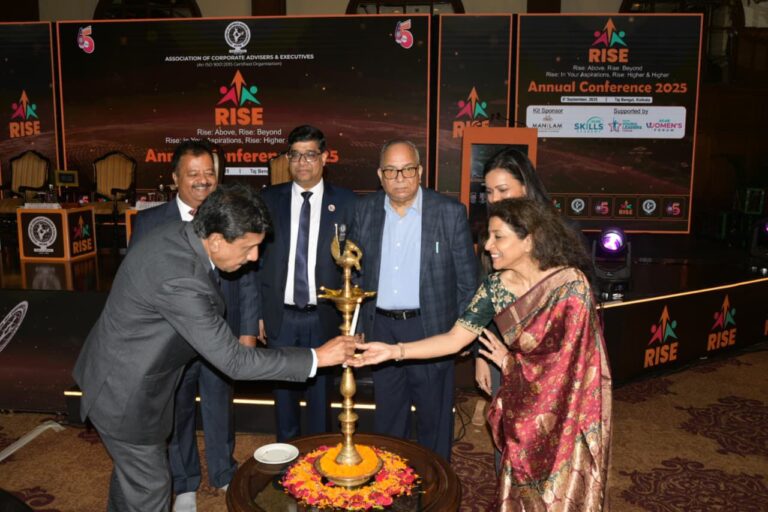By Pure Advantage,Rebecca Greaves
Copyright farmersweekly

Reading Time: 3 minutes
An ambitious project to re-cloak 100,000 hectares of Tairāwhiti pasture and forestry land in indigenous forest could significantly enhance environmental outcomes, safeguarding the region against future extreme weather events like Cyclone Gabrielle.
So says Gisborne Nature advocate Sam Rowland, who is at the heart of the project.
It is collaboration like this that gets her excited. Rowland calls herself an environmentalist and conservationist, but people are the common thread that hold everything together for her.
“People are my why. It’s about the social and wellbeing side, and I deliver that through environmental work and events. Bringing people together to discuss issues, I get so fulfilled by that.”
Rowland is the general manager of the Tairāwhiti Environment Centre. Previously she worked nationally, most recently for the Sustainable Business Network, but after the cyclone she felt compelled to take a job that would directly impact on the region in which she lived.
“It’s about balancing business with environmental outcomes. The cyclone impacted our businesses and farming communities, so it’s also about economic prosperity,” she said.
The centre is a not-for-profit organisation that has been around for 35 years, working in the local community on nature-related projects, waste minimisation and fostering community resilience.
Work includes running Mountains to the Sea Tairāwhiti, working with catchment groups, and the Tairāwhiti Trees for Survival programme, working with schools to grow trees and plant them out on local farms.
But it’s her work with the Transition Advisory Group, which aims to transition 100,000ha of pasture and forestry land to permanent indigenous vegetation, that has Rowland really fizzing.
The group comprises a mix of farmers, forestry, community representatives, Ministry for Primary Industries and the local council.
“It is one of my favourite parts of the job, large-scale native regeneration and collaboration.”
If successful, it is hoped the project will give the region some resilience and combat the highly erodible nature of the land, which caused significant damage to infrastructure and businesses during the cyclone. The ultimate goal is to mitigate sediment and erosion.
But it’s not just about trees. The flow-on effects will have benefits for the whole community, whether it’s safeguarding homes and businesses or recreationally, rivers no longer swollen with slash and beaches safe to swim and surf.
“When we pull this off, this project has the potential to be world leading.”
Rowland always knew she viewed the world through a green lens and wanted to do something environmental with her career.
“My grandfather owned a plant nursery and I would spend hours with him in the nursery when I was younger. My grandmother used to walk the streets picking up litter, and I’d go with her on her walks.”
Heading to university, Rowland began a degree in Environmental Management, but quickly realised that science floated her boat more. She changed to an Ecology and Conservation degree.
Rowland has held varied and interesting roles across the sector, from her work as chair of the Blue Cradle Foundation, which promotes marine conservation and education, to co-chairing the Eastern Whio Link project, aimed at increasing biodiversity across 30,000ha of public
conservation land and farmland, with a specific goal of lifting whio (blue duck) and kiwi numbers.
She recently added film star to her resume, featuring in Think Like a Forest, a short film by Pure Advantage, exploring native forests, the threats they face and a bold plan to restore them, Recloaking Papatūānuku (Mother Earth).
“I thought it was a great opportunity for the people of Tairāwhiti to tell our story about how we do things and why it matters so much, especially after the cyclone.
“For me, success would be that our region is thriving, not only environmentally with native plants cloaking our land, native birds flying around everywhere but also in a people sense.“Being able to harvest kai or medicine from the bush. Being able to recreate without worrying about slips or slash all over the beach.”
Watch, Think Like a Forest, a short film by Pure Advantage, here.



